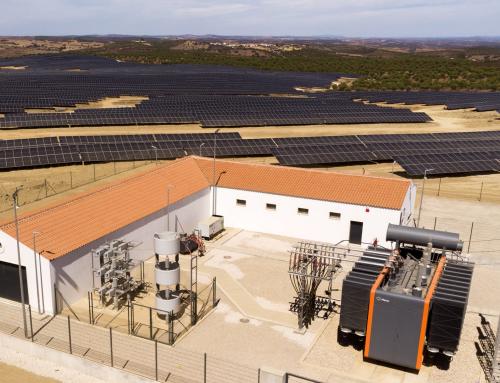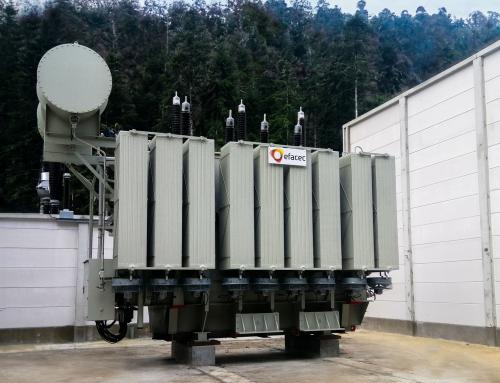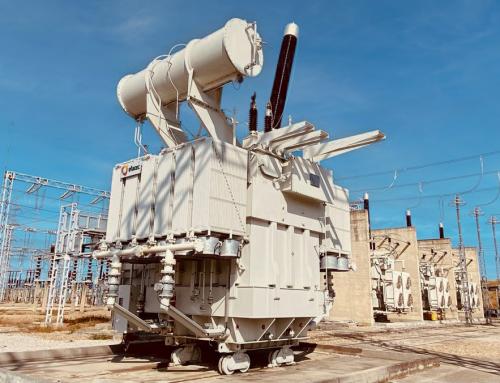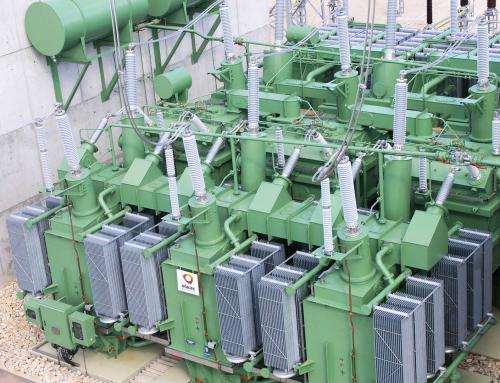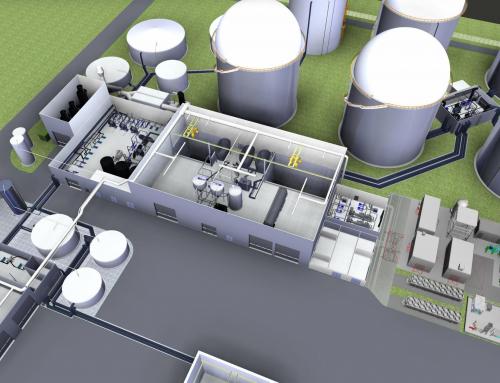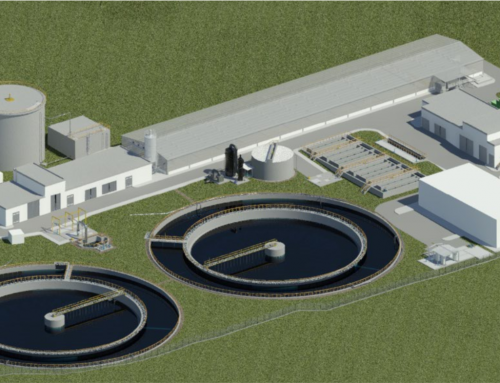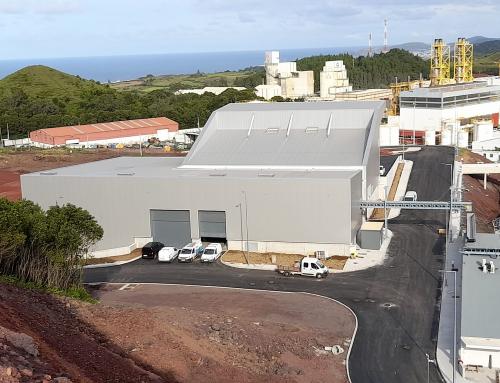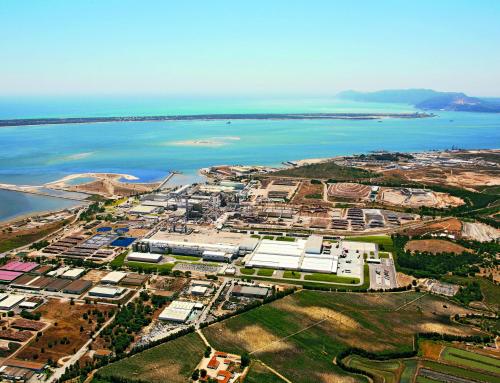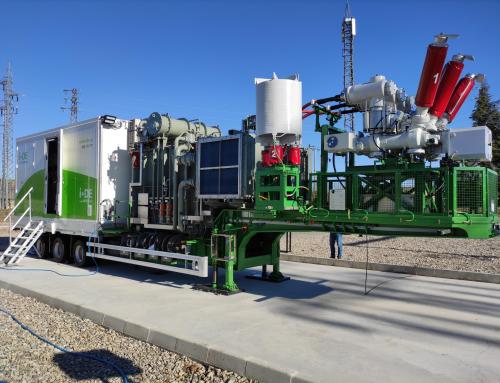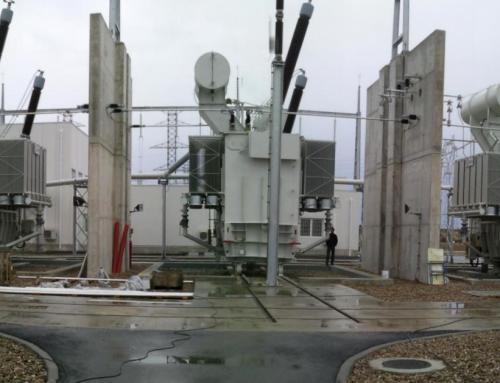JUICE launches on April 13th with the most complex radiation monitor ever produced.
Efacec participates in yet another space mission, the JUICE – JUpiter ICy Moons Explorer, the first of a large dimension in the science program “Cosmic Vision”, of the European Space Agency (ESA), which will be launched tomorrow, April 13th (at 13:15 WEST). You can follow it through this link.
Working directly with the satellite builder – AIRBUS – Efacec strengthened its ability to lead flight electronics hardware projects, TRL-9 (Technology Readiness Level), positioning itself as a top supplier in the supply chain.
JUICE will make an eight-year journey to Jupiter, where it will spend at least three years making detailed observations of the planet itself and its moons Ganymede, Callisto and Europa, where oceans of liquid water are believed to exist under the crusts of ice on the surface. JUICE will allow exploring the complex environment of Jupiter and characterizing the moons as planetary objects and possible habitats.
In this mission, Efacec will participate with the third generation of radiation monitors, RADEM (RADhard Electron Monitor), the most complex equipment of its kind ever produced for a space mission. With RADEM, through the detection, identification, characterization and direction of solar radiation, it will be possible to improve the existing models in this zone of space, as well as identify levels and/or events of radiation and doses that may be critical for other instruments and systems of the mission, activating contingency measures.
RADEM Flight Unit
Efacec also developed, within the scope of this mission, the JMU (JUICE Monitoring Unit) instrument, which will monitor the state degradation of the solar panels of the JUICE mission, through the acquisition of the main parameters in dummy solar cells, enhancing the optimization of energy management to be used by the spacecraft throughout the mission. This equipment will also register the total accumulated dose of radiation to which the spacecraft will be exposed and will feed the film camera.
With the JMU, by monitoring the degradation of the solar panels, it will be possible to better manage energy on arrival at Jupiter, where sunlight is scarce, in order to carry out the desired observations and scientific studies.
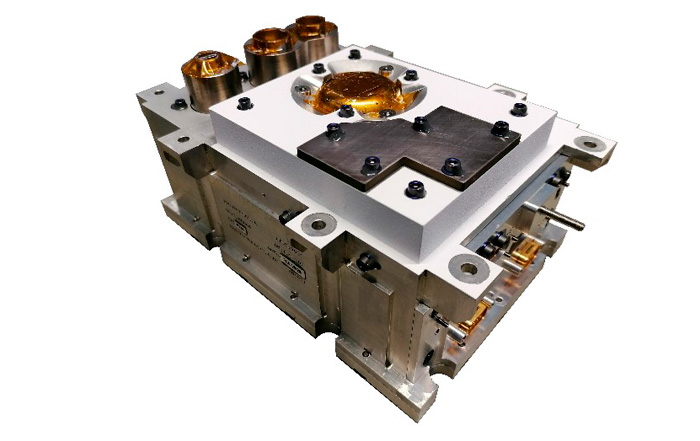
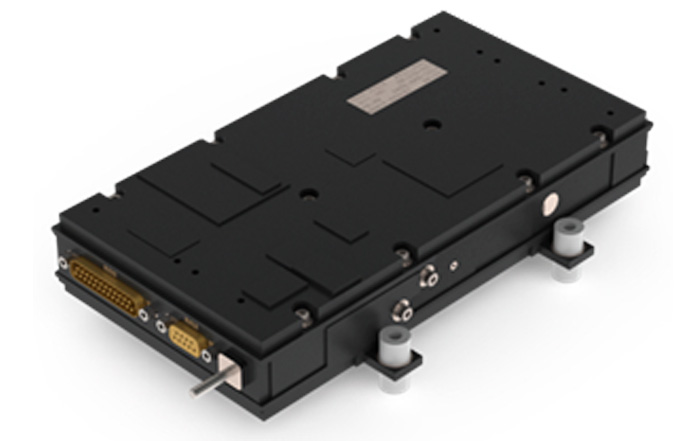
JMU Flight Unit
Efacec has developed several projects over the last 20 years in the aerospace area, with its participation in the JUICE mission being one of the most relevant. It also contributed to three other missions/satellites: ISS – International Space Station (EuTEMP), Alphasat: TDP8 (CTTB and MFS) and Bepicolombo (BERM).




